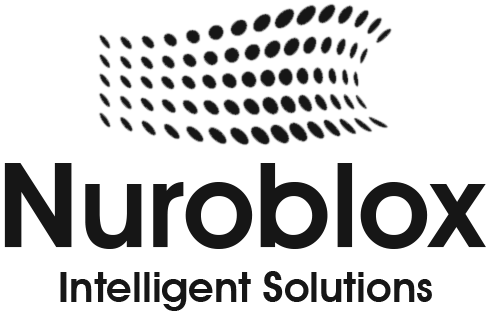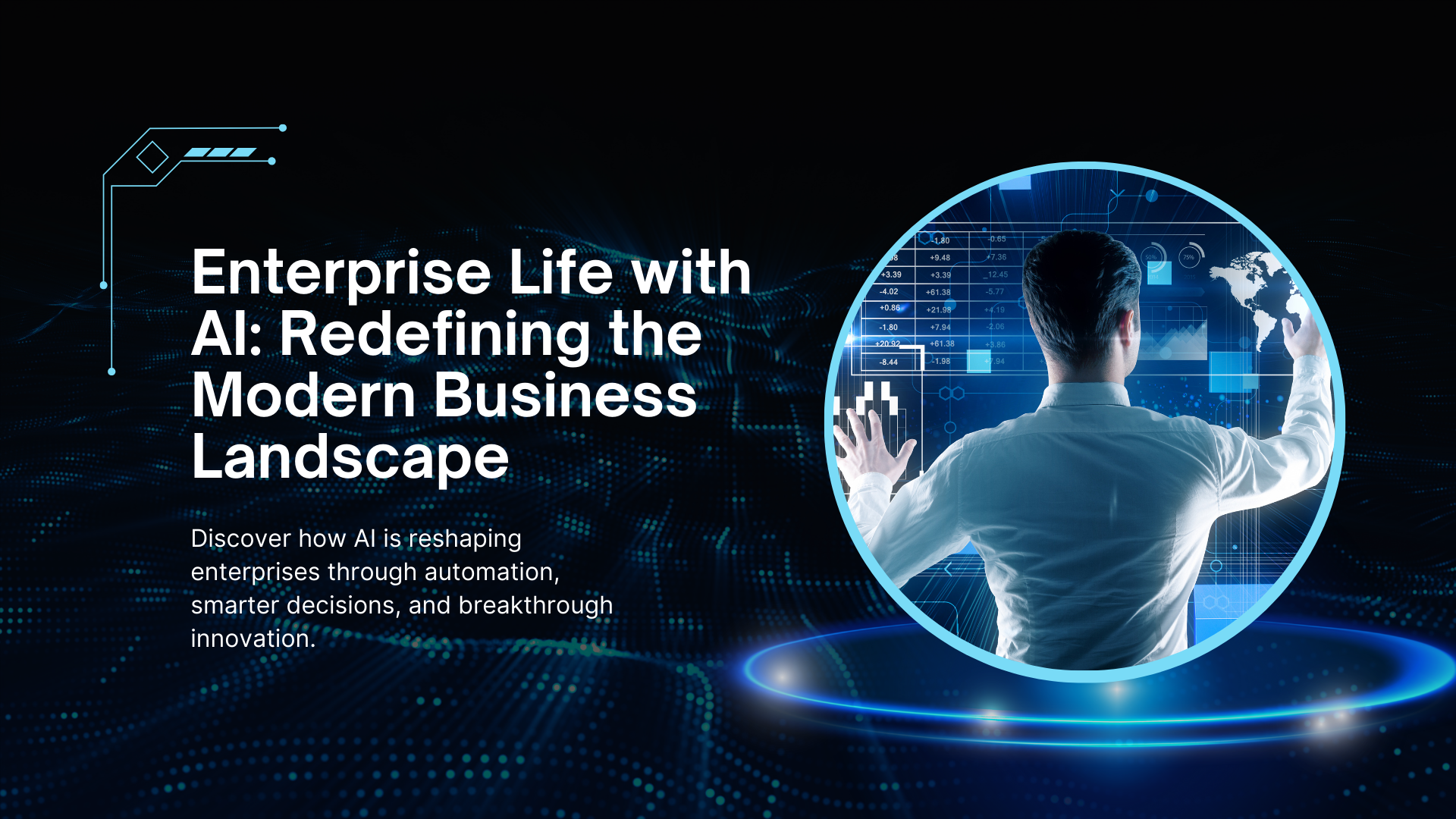Enterprise Life with AI: Redefining the Modern Business Landscape
In today’s fast-evolving digital economy, artificial intelligence (AI) is not just another technology adoption story. It represents a fundamental shift in how enterprises structure operations, deliver services, empower employees, and compete in global markets. Leading analysts forecast that enterprises embedding AI at scale will outperform peers in innovation, operational efficiency, and revenue growth.
This blog unpacks the multifaceted nature of enterprise life powered by AI. From reshaping workflows and customer experiences to managing governance, ethics, and workforce transformation, we will dive into how organizations can navigate this era of intelligent enterprise.
The Fundamentals of Enterprise Life with AI
Key Dimensions Defining Enterprise Life with AI
| Dimension | Impact on Enterprise Life | Examples in Action |
| Automation | Reduces manual effort, improves efficiency and speed | Robotic process automation in finance |
| Decision Intelligence | Data-driven insights guiding strategy and operations | Demand forecasting in retail |
| Customer Centricity | Personalization at scale for better customer engagement | AI-driven recommendation engines |
| Innovation Velocity | Faster research, prototyping, and market entry | Generative AI for product design |
| Risk & Governance | Ethical AI adoption, compliance, and data security | AI-driven fraud detection in banking |
| Workforce Enablement | Augments human decision-making, creates new skill opportunities | Copilot AI tools in enterprise software |
Enterprise AI adoption is no longer selective; it permeates all aspects of corporate life, requiring leadership, governance, and cultural readiness.
Transforming Core Enterprise Functions with AI
AI in Enterprise Operations
AI redefines enterprise operations by automating repetitive tasks, streamlining supply chains, and enabling predictive maintenance.
- Manufacturing- AI-powered vision systems detect defects with precision, increasing yield and reducing waste.
- Supply Chain- Predictive algorithms reduce forecasting errors by up to 50% (McKinsey, 2023).
- HR & Workforce- Intelligent tools automate candidate screening and enhance employee engagement through personalized learning paths.
AI in Customer Experience
AI enables enterprises to deliver hyper-personalized customer experiences at scale-
- AI-driven personalization in marketing increases engagement rates by up to 35% (Statista, 2023).
- Multilingual AI chatbots support global customer service 24/7.
- Sentiment analysis enhances responsiveness to customer needs.
AI in Enterprise Decision-Making
AI’s role in augmenting executive-level decisions is transformative-
- Predictive analytics supports CFOs in cash flow forecasting.
- AI-powered scenario planning allows enterprises to model complex variables for strategy.
Enterprise Life with AI and Workforce Transformation
The enterprise workforce is undergoing a significant evolution alongside AI. While automation reduces repetitive labor, employees are moving into higher-value, judgment-intensive roles.
- Hybrid Human-AI Teams- Employees collaborate with AI copilots to enhance productivity.
- Upskilling Imperatives- By 2027, 50% of workers will require reskilling due to AI’s disruption (World Economic Forum, 2023).
- Employee Well-being- AI-powered wellness platforms personalize HR support in areas like stress management and career planning.
Rather than replacing jobs wholesale, the enterprise life with AI is about translating technology gains into human empowerment.
Governance, Risks, and Ethical Considerations
AI-driven transformation introduces unique governance challenges. Enterprises must establish frameworks to manage trust, compliance, and risk.
- Explainability & Transparency- AI models must be interpretable to ensure accountability.
- Bias Management- Mitigation strategies are critical to avoid discriminatory outcomes.
- Data Governance- Enterprises must protect sensitive information, especially in regulated industries like healthcare and finance.
Regulators are also setting the pace. The EU AI Act (2024) and frameworks proposed by NIST in the US highlight a trend toward stricter enterprise compliance obligations.
The Architecture of an AI-Powered Enterprise
To sustain enterprise life with AI, organizations must design intelligent architectures that integrate technology, data, and people seamlessly.
Layers of Enterprise AI Infrastructure
- Data Foundation- Unified, governed data lakes and warehouses.
- Model Development & Deployment- Machine learning platforms, MLOps pipelines.
- AI-Augmented Applications- CRM, ERP, HR, SCM systems enriched with intelligence.
- Governance & Compliance Layer- Tools ensuring transparency, auditing, and ethical AI use.
- People & Culture Layer- Change management for AI adoption readiness.

The coming decade will accelerate enterprise reliance on AI. Some predictions:
- By 2030, enterprises with extensive AI integration are projected to generate an additional $13 trillion in global economic activity (McKinsey Global Institute).
- Generative AI will become embedded in 80% of enterprise applications by 2028 (Gartner).
- Enterprises will shift from siloed AI adoption to ecosystem-level collaboration, integrating AI into value chains across industries.
Actionable Roadmap for Enterprises Embracing AI Life
Step 1: Establish AI Strategy Aligned with Business Goals
Ensure adoption aligns with enterprise-wide objectives rather than departmental initiatives.
Step 2: Build Responsible AI Governance
Develop clear ethical, compliance, and audit frameworks before scaling.
Step 3: Invest in Scalable Infrastructure
Leverage cloud-native AI platforms for flexibility and scalability.
Step 4: Embed AI into Workflows
Enable frontline employees to leverage AI across daily processes.
Step 5: Develop Workforce Resilience
Implement continuous learning programs to empower employees for AI-enabled roles.
Conclusion: Thriving in Enterprise Life with AI
Enterprise life with AI is not a destination but an ongoing journey of transformation. From enhancing operations and decision-making to rethinking workforce strategies and governance, AI is now the cornerstone of how organizations operate.
The enterprises that will thrive are those that view AI not as a technology adoption, but as a cultural and strategic evolution. By embedding trust, responsibility, and human collaboration in AI ecosystems, companies can unlock long-term value, resilience, and competitive edge.


